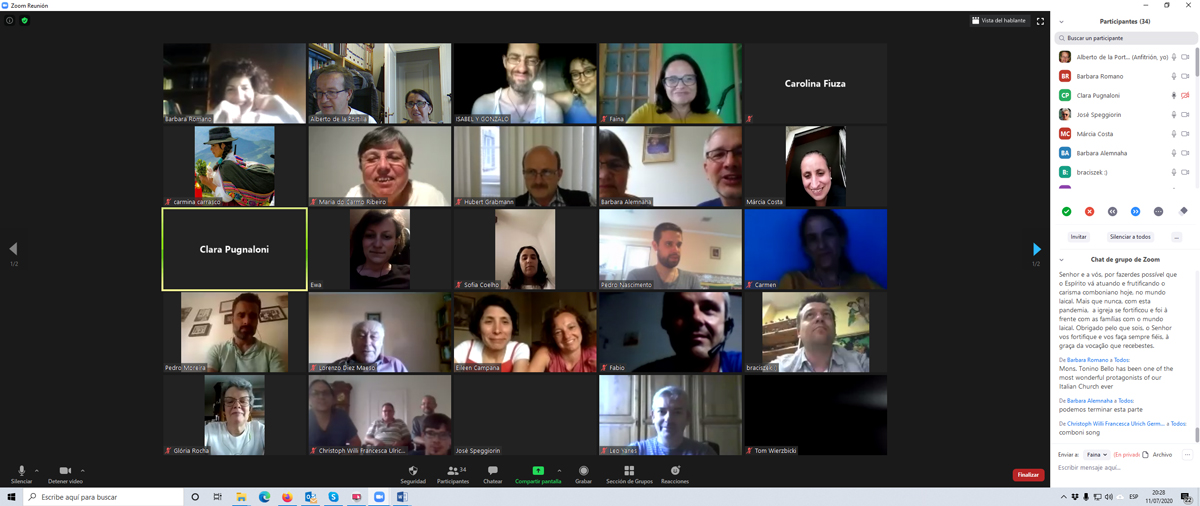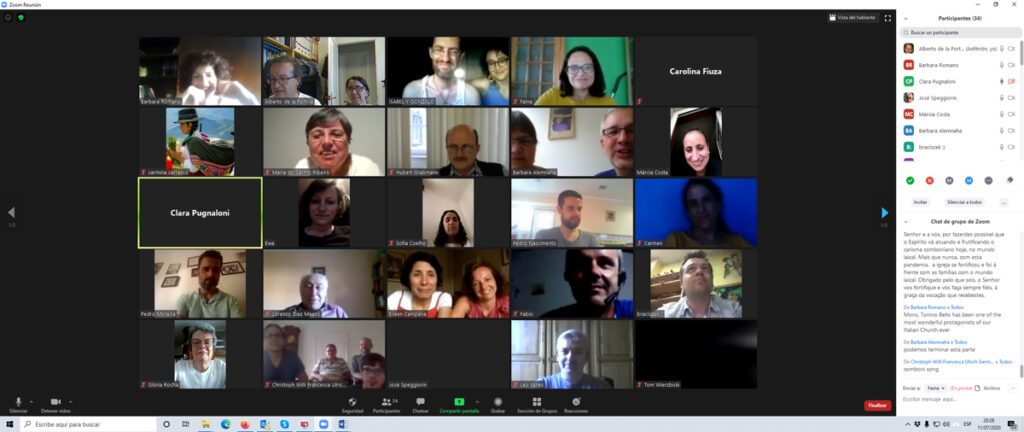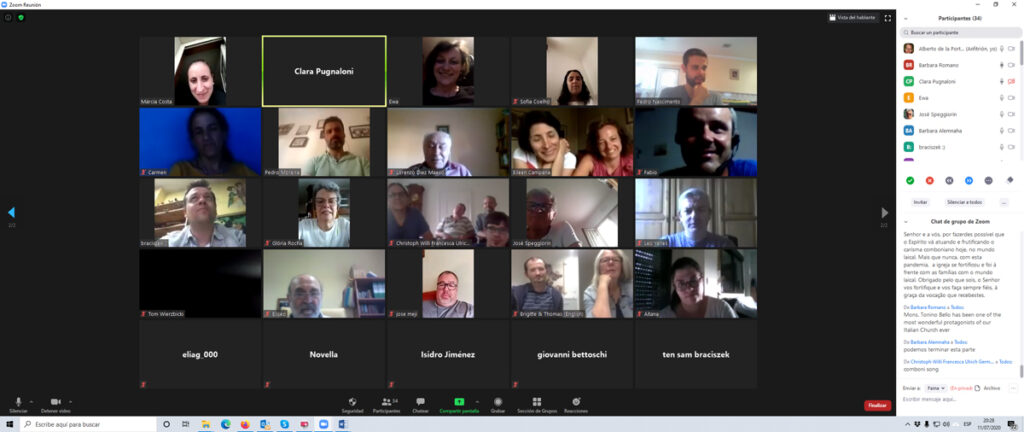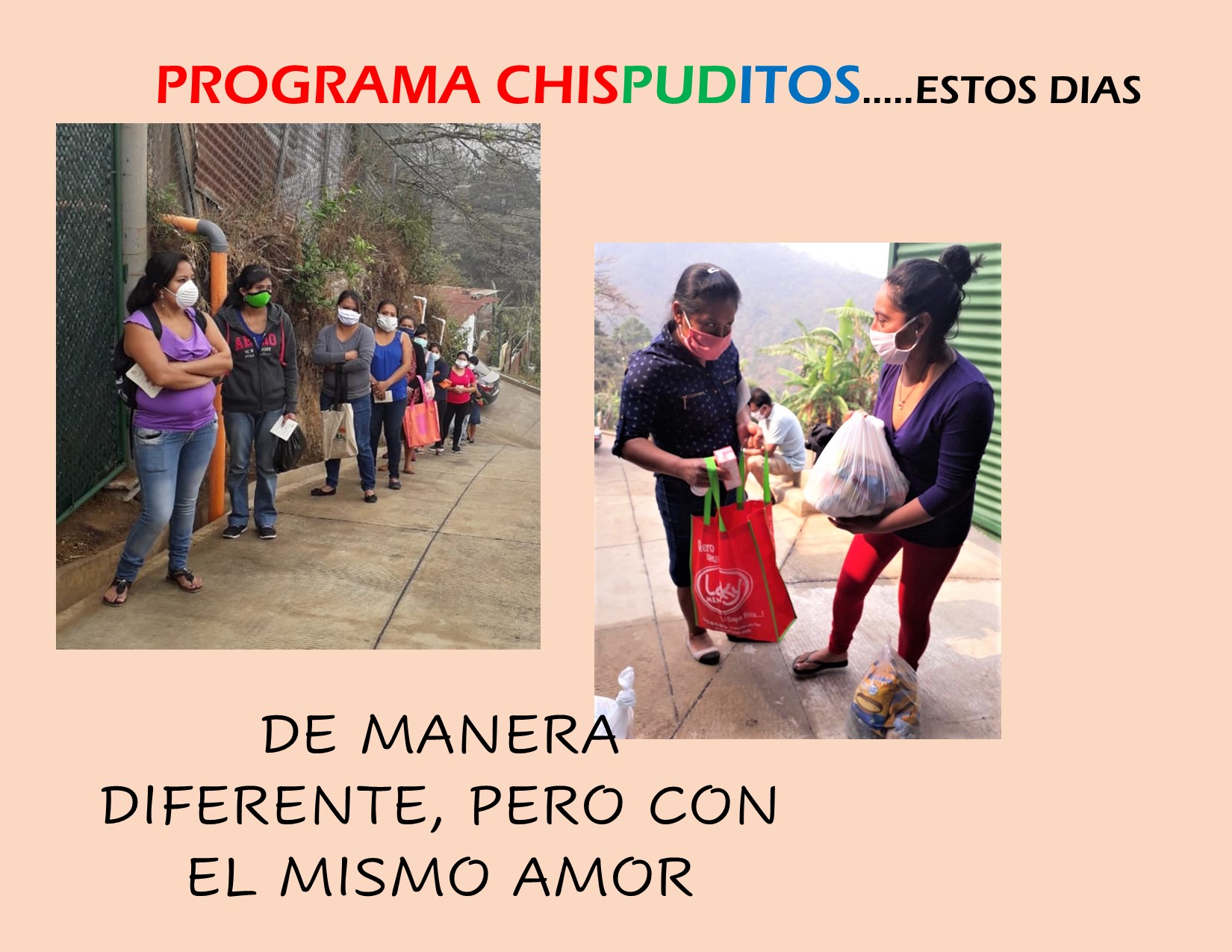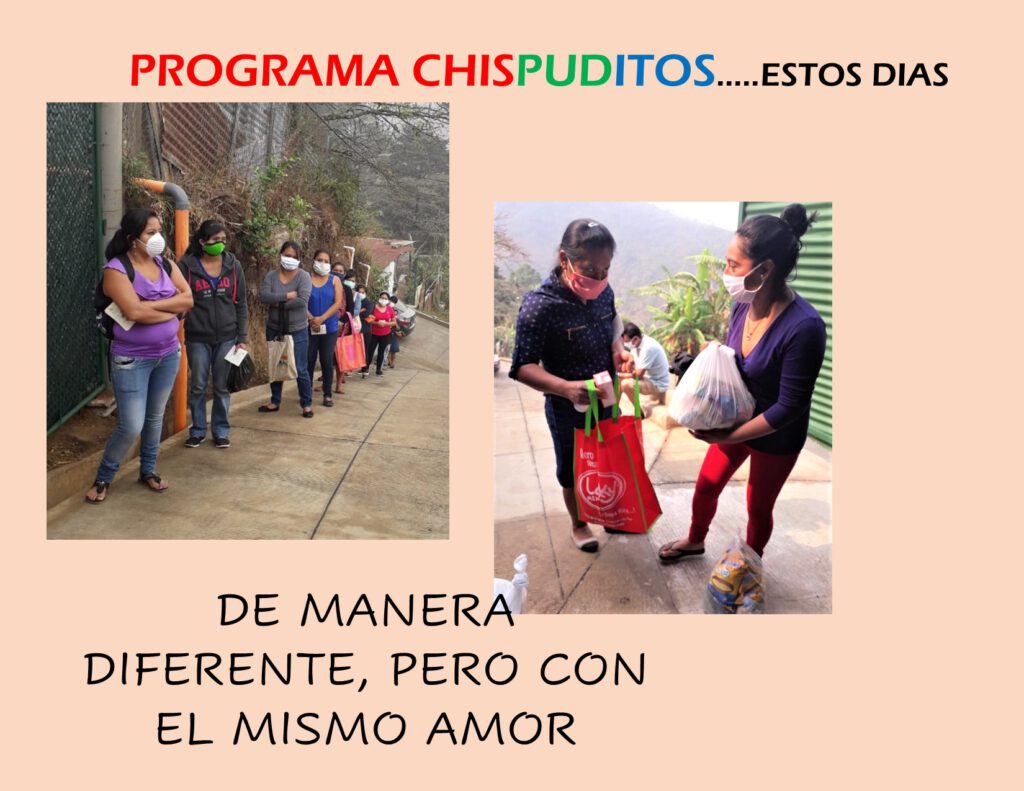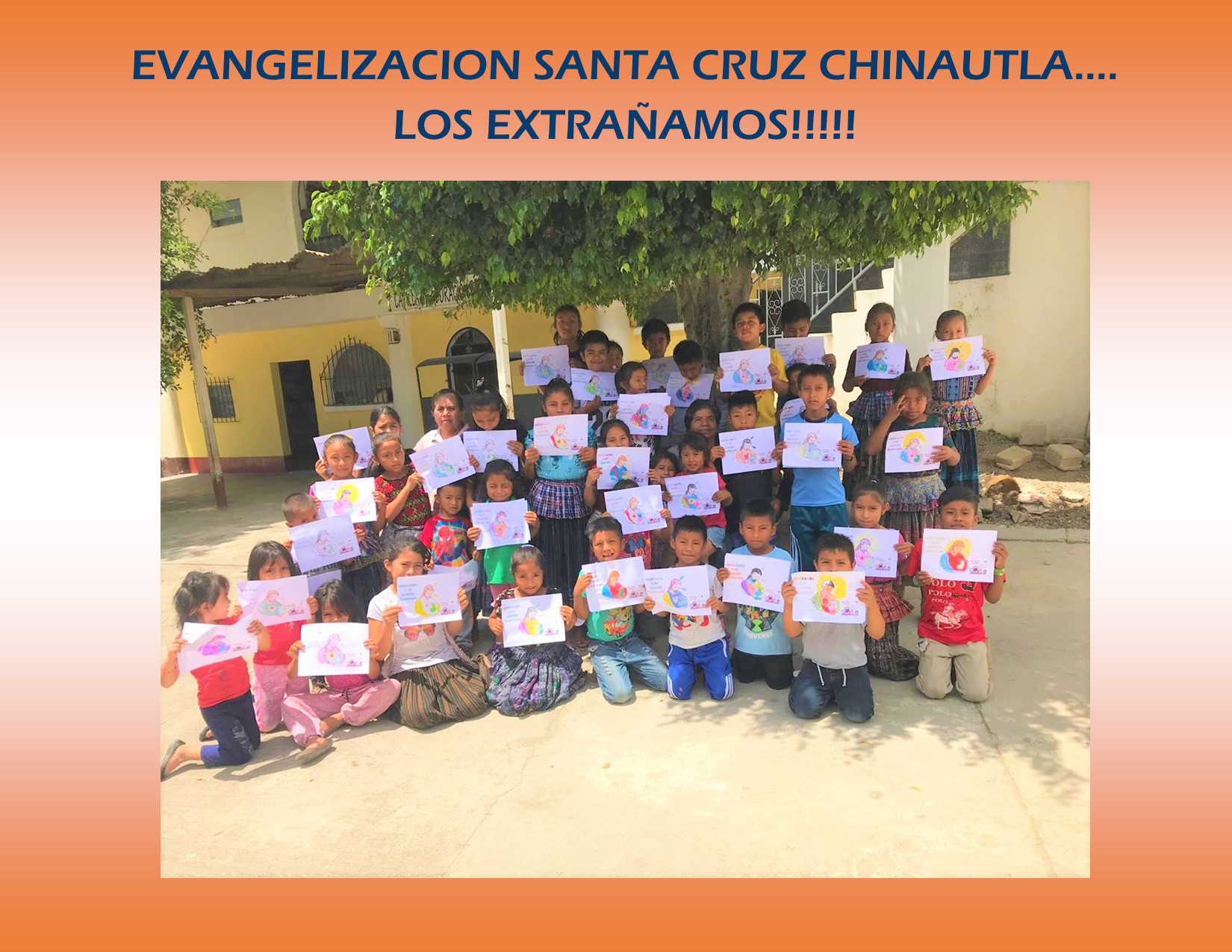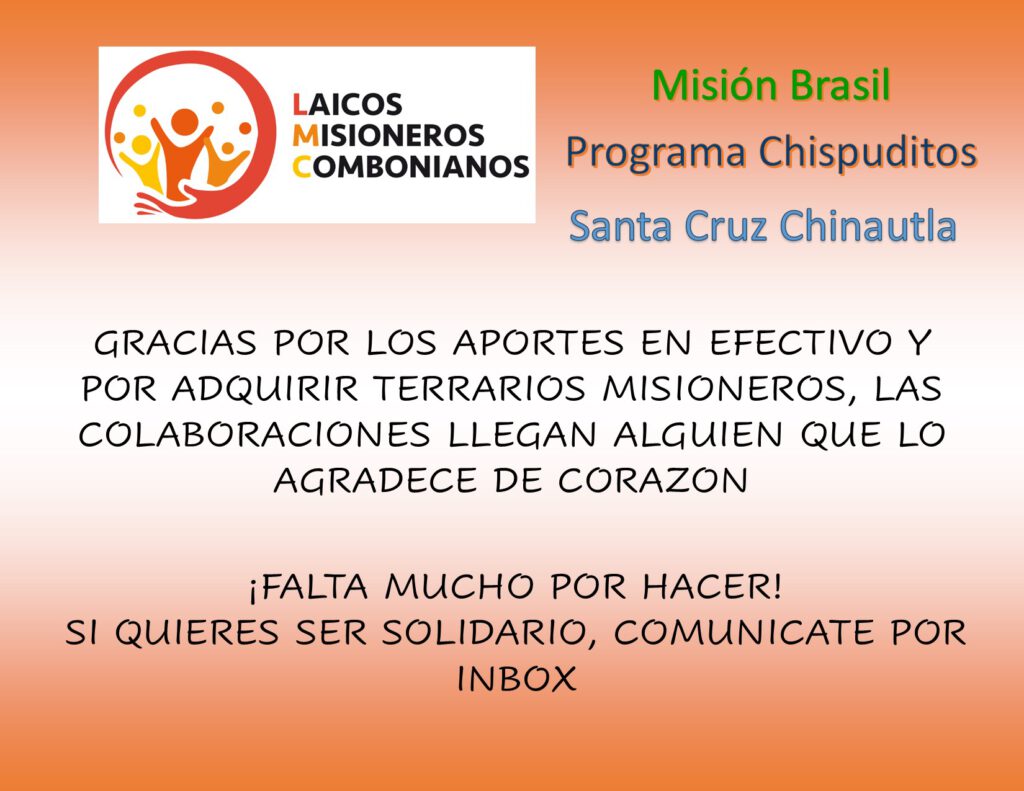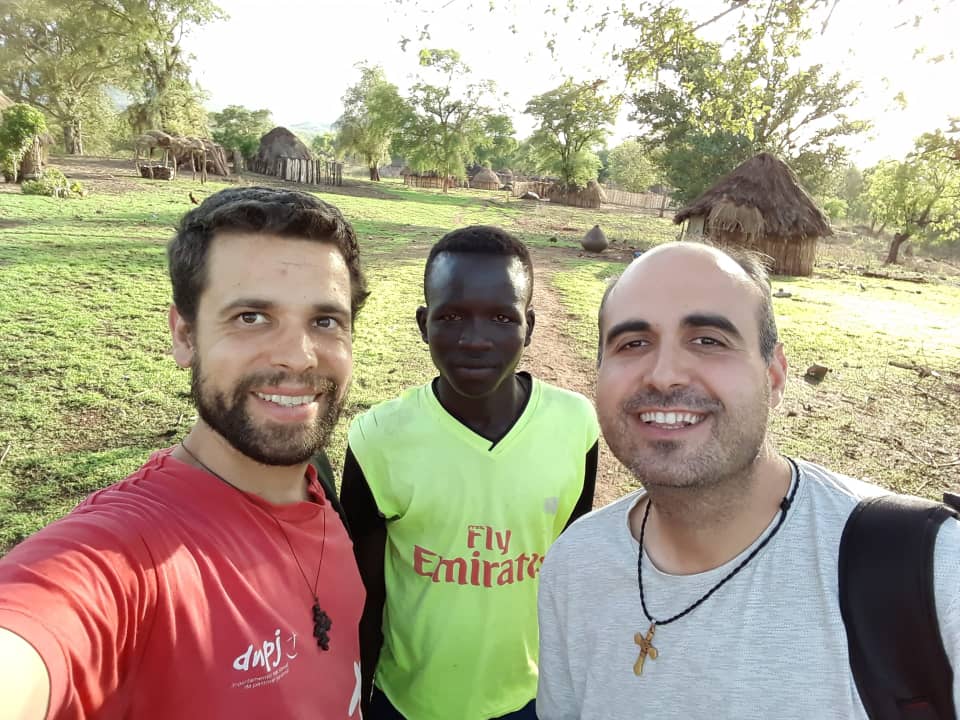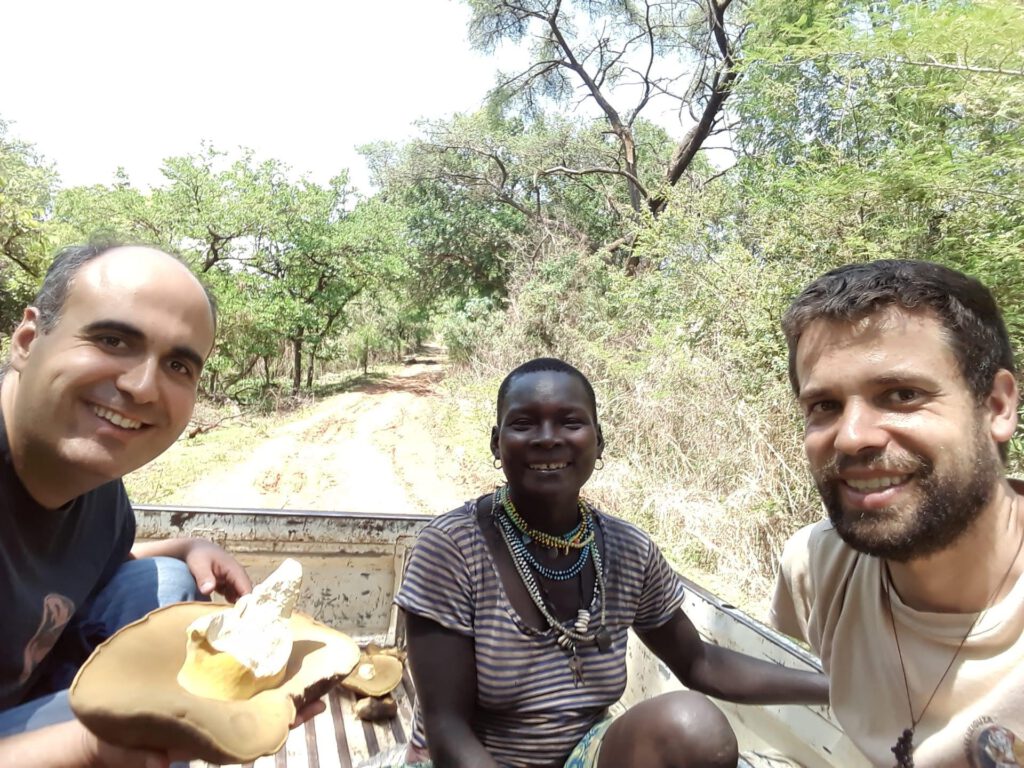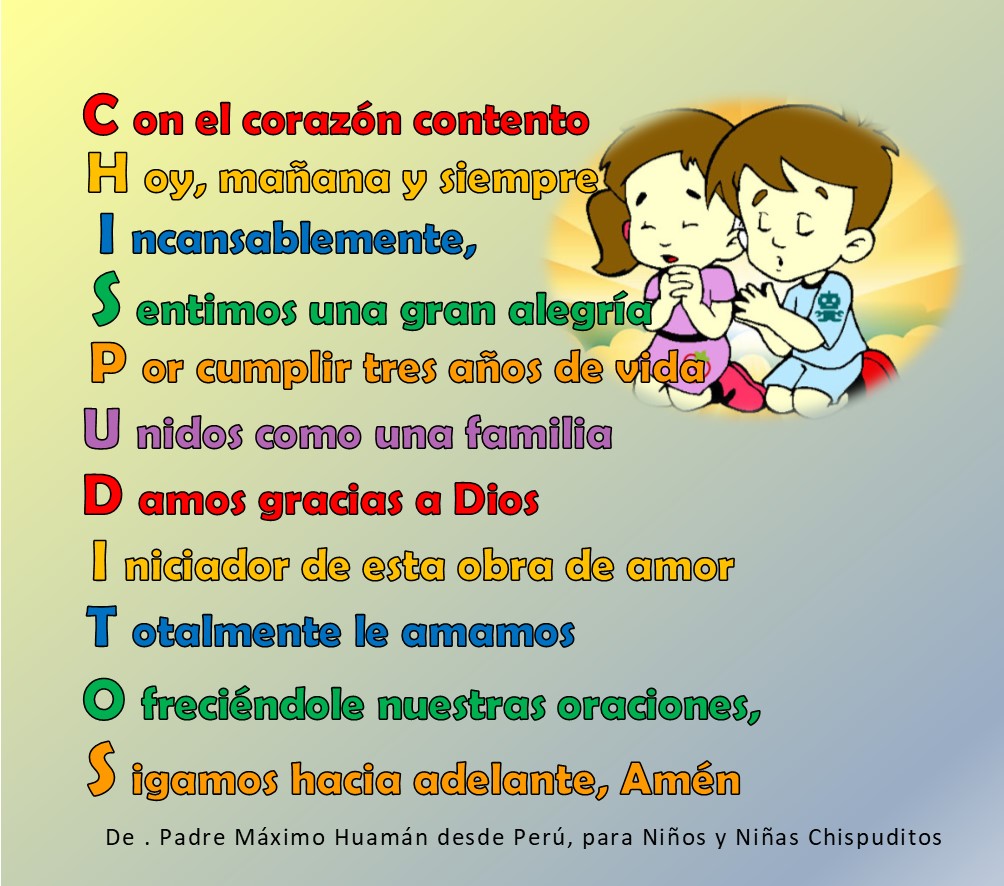“Martyr to the earth and to God’s dream! Remember the 35 years of his martyrdom!”
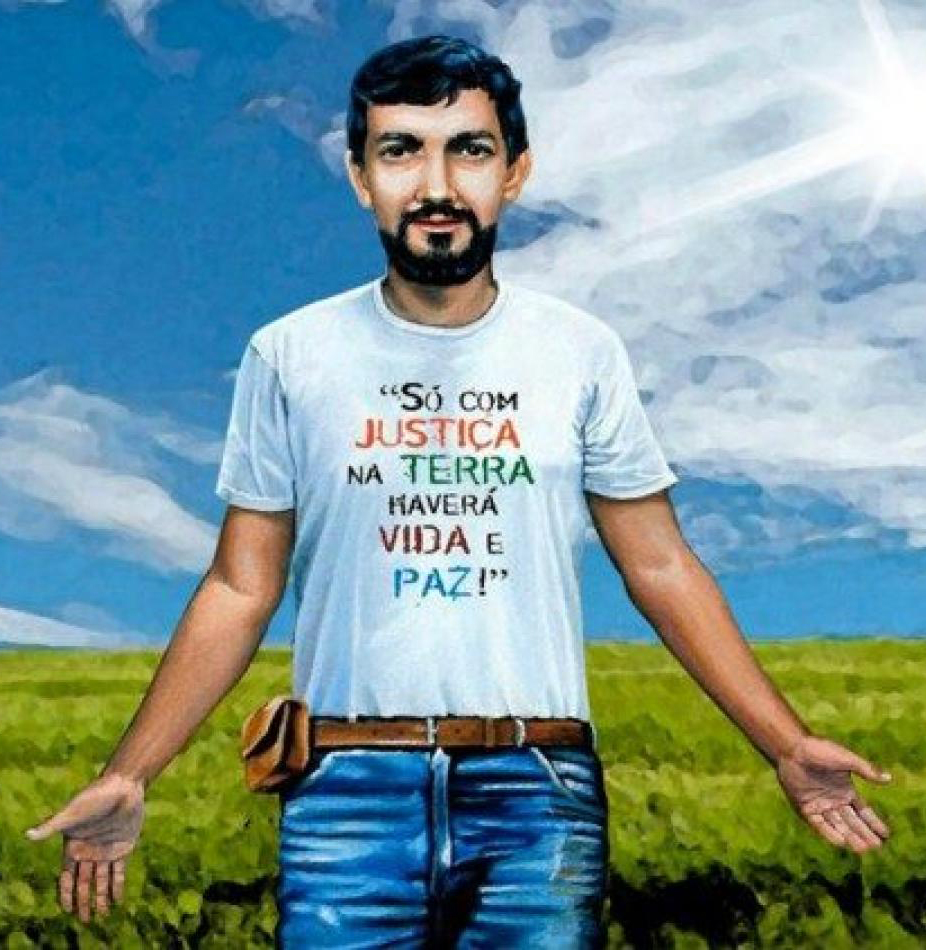
On 24 July 2020 we will celebrate 35 years of remembrance of the martyrdom of the Servant of God, Fr. Ezekiel Ramin, a Comboni Missionary killed in Rondonia for defending the lives of the indigenous peoples and landless families.
This year it will not be possible to celebrate the pilgrimage of Fr. Ezequiel as we always do in Cacoal/RO and Rondolância/MT, with many people because of the COVID 19.
The COVID at the same time calls us to prudence and solidarity, especially with the most threatened territories, with our beloved Amazonia, the Indigenous Peoples and the native populations. Therefore, we will celebrate this pilgrimage in a different way, involving many more people throughout Brazil.
Throughout the days we will have a programme with various activities that will be transmitted live, always at 8 p.m. (from Brasilia) and through the Comboni-Brazil YouTube channel. There will also be daily videos with testimonies in memory of Fr Ezequiel.
We are together in this pilgrimage of Fr. Ezequiel which will extend throughout Brazil. Let us walk in defence of life! In defence of the Amazon!
Programming:
July 19th at 8 pm. – Missionary Vocation Vigil in memory of Fr. Ezequiel Ramin International Comboni Scholasticate /SP
20 July at 8 p.m. – Conversation round with Don Roque Paloschi, Archbishop of Porto Velho/RO and president of CIMI, with CPT/RO and with Fr. “35 years of the martyrdom of Fr. Ezequiel Ramin: a prophetic witness in defence of the indigenous peoples and landless families”.
TRÍDUO IN MEMORY of Fr. Ezequiel Ramin:
DAY 21/07 – 20h – 1st day of the Triduum (from the Community of Curitiba/PR)
Day 22/07 – 20h – 2nd Triduum day (from Contagem/MG Community)
Day 23/07 – 20h – 3rd day of the Triduum (from the Community of Piquiá/MA)
Day 24/07 – 20h – Eucharistic celebration of thanksgiving by Father Ezekiel Ramin and as a collective commitment in defense of Life. (from the SP Community).
Comboni Family Brazil




